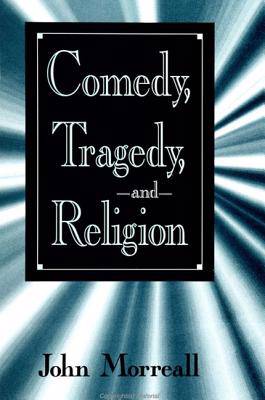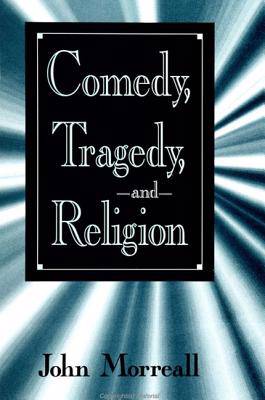
- Retrait gratuit dans votre magasin Club
- 7.000.000 titres dans notre catalogue
- Payer en toute sécurité
- Toujours un magasin près de chez vous
- Retrait gratuit dans votre magasin Club
- 7.000.000 titres dans notre catalogue
- Payer en toute sécurité
- Toujours un magasin près de chez vous
Description
Comedy, tragedy, and religion have been intertwined since ancient Greece, where comedy and tragedy arose as religious rituals. This groundbreaking book analyzes the worldviews of tragedy and comedy, and compares each with the world's major religions. Morreall contrasts the tragic and comic along twenty psychological and social dimensions and uses these to analyze both Eastern and Western traditions. Although no religion embodies a purely tragic or comic vision of life, some are mostly tragic and others mostly comic. In Eastern religions, Morreall finds no robust tragic vision but does find significant comic features, especially in Taoism and Zen Buddhism. In the Western monotheistic tradition, there are some comic features in the early Bible, but by the late Hebrew Bible, the tragic vision dominates. Two millennia have done little to reverse that tragic vision in Judaism. Christianity, on the other hand, has shown both tragic and comic features--Morreall writes of the Calvinist vision and the Franciscan vision--but in the contemporary era comic features have come to dominate. The author also explores Islam, and finds it has neither a comic nor a tragic vision. And, among new religions, those which emphasize the personal self come close to having an exclusively comic vision of life.
Spécifications
Parties prenantes
- Auteur(s) :
- Editeur:
Contenu
- Nombre de pages :
- 188
- Langue:
- Anglais
Caractéristiques
- EAN:
- 9780791442050
- Date de parution :
- 27-05-99
- Format:
- Livre relié
- Format numérique:
- Genaaid
- Dimensions :
- 158 mm x 237 mm
- Poids :
- 381 g







